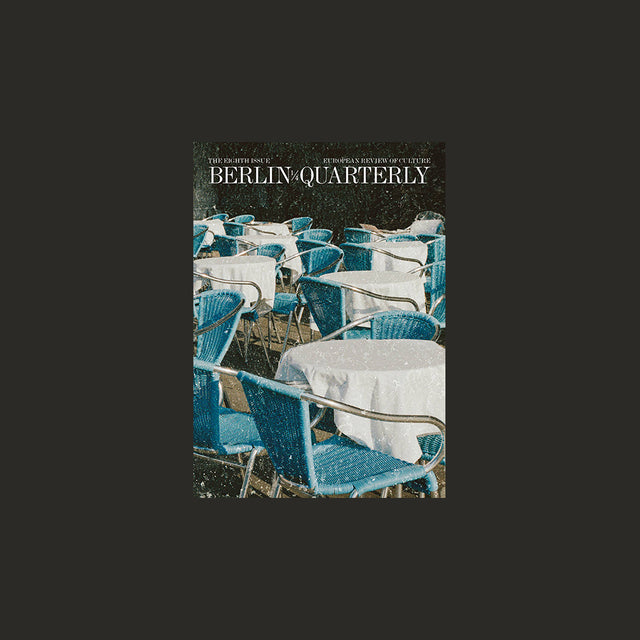
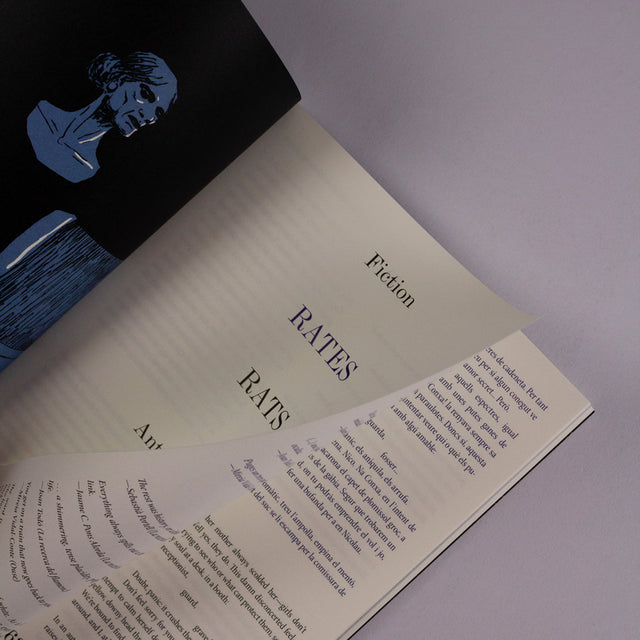
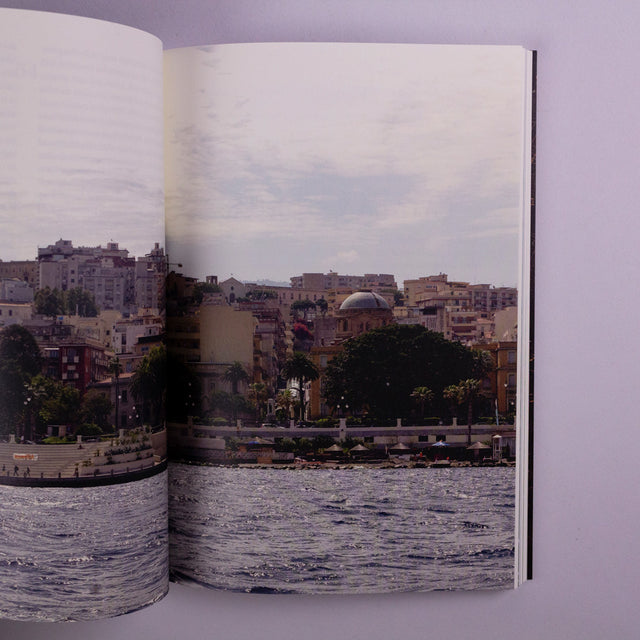
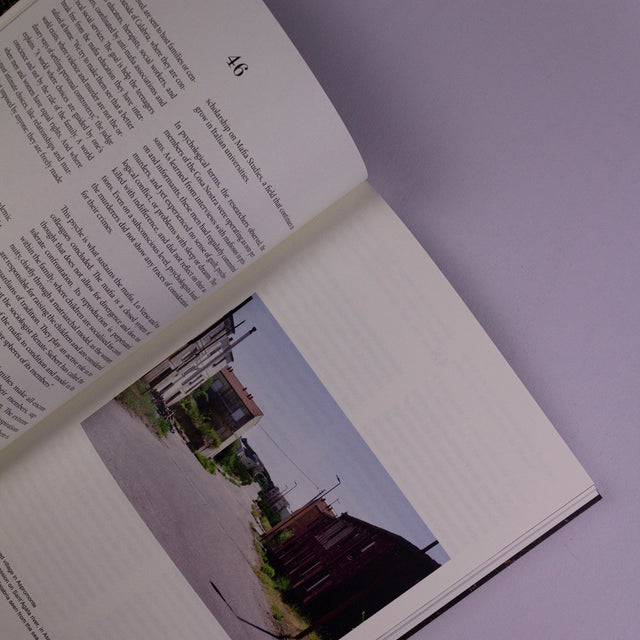
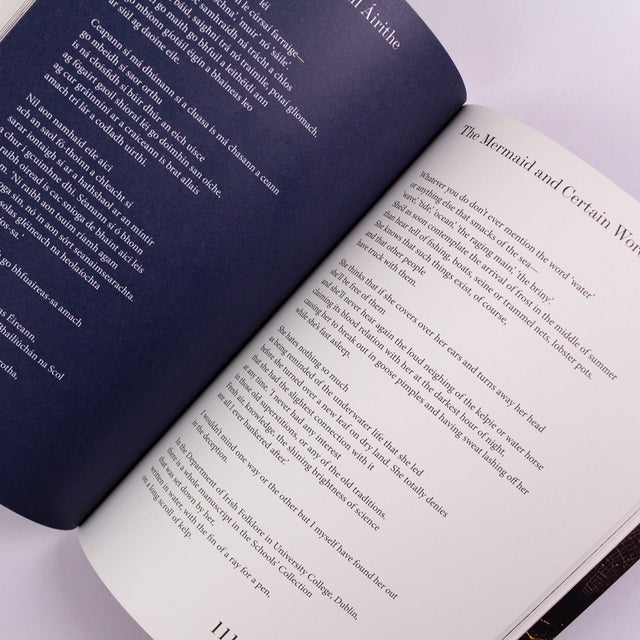
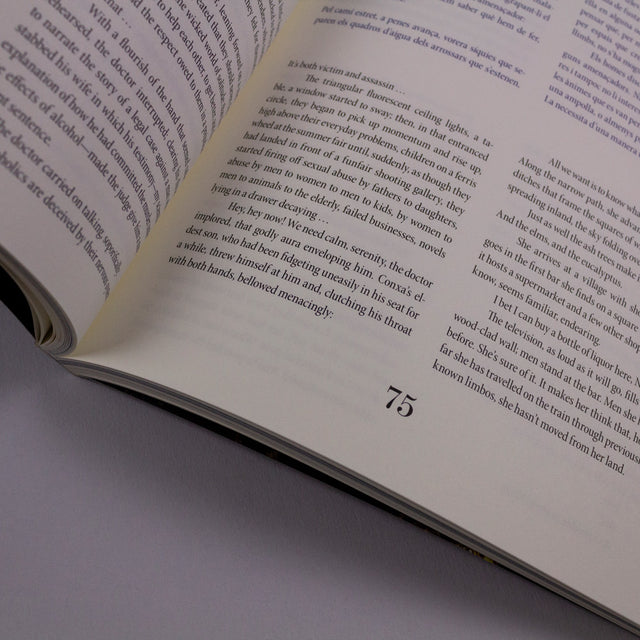
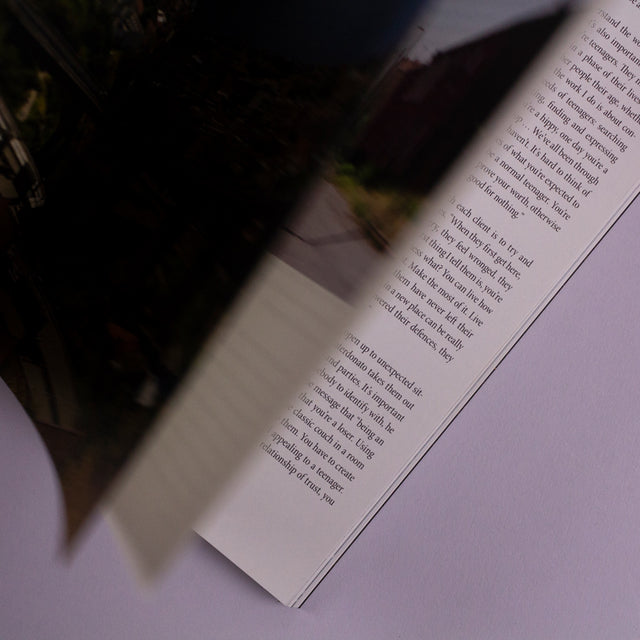
Berlin Quarterly Issue 8
Berlin Quarterly’s eighth issue opens with nonfiction by renowned Haitian-American writer Edwidge Danticat. In experiencing her own mother’s death, Danticat interrogates private, public, and literary mourning, engaging the work of writers from Leo Tolstoy to Audre Lorde, and tragedies like 9/11 and the catastrophic Haitian earthquake in 2010.
This issue features three acclaimed poets. Nuala Ní Dhomhnaill constructs mythical anthropology about merfolk who have come to live on land, as translated from the Irish by poet Paul Muldoon; Safiya Sinclair viscerally interrogates the violent history of her native Jamaica; and John Burnside revisits the theme of mourning in both verse and conversation with Daniel Lipara.
Gabriel Ventura guest curates a pair of Catalan short stories by Antònia Vicens and Lucia Pietrelli, which engage with femininity and desire in symbolic and lyrical prose.
In Solastalgia, artist Marina Vitaglione personifies Venice, narrating the city’s sinking into the sea in text as well as images, whose film have been degraded by exposure to seawater.
Alison Leslie Gold, a preeminent Holocaust writer, shares a personal letter reflecting on a lost friend.
In Berlin Quarterly’s signature long form reportage, R. Teresa O’Connell returns to her native Calabria to interview the organizers of Liberi di Scegliere, a program that relocates children from Mafia families in an attempt to redirect their adulthoods. O’Connell situates the program in the context of Mafia Studies, an emerging academic field in psychology.
BERLIN QUARTERLY is a European review of long form journalism, literature and the Arts. It's a new cultural journal with global perspective. It combines in-depth reportage, literature and visual culture.
BERLIN QUARTERLY aims to bring you insightful and inquiring reportage and stories from around the globe. At their best, journalism, literature and the visual arts can be keys to mutual understanding, allowing us to interpret the past and to prepare ourselves for the challenges of the future. With a starting point of Berlin we look towards the rest of the world for inspiration beyond the German capital.
GUDBERG NERGER
MON – SAT, 12:00 - 18:00
Poolstrasse 8 | 20355 Hamburg - Germany
Phone: +49(0)40 - 81 95 15 0
QUICK LINKS
Agency | Gallery | Shop | Contact | Virtual Tour | Jobs | Imprint | Privacy Policy | Shipping & Payment | Login
FOLLOW US

Copyright © 2025 GUDBERG NERGER
